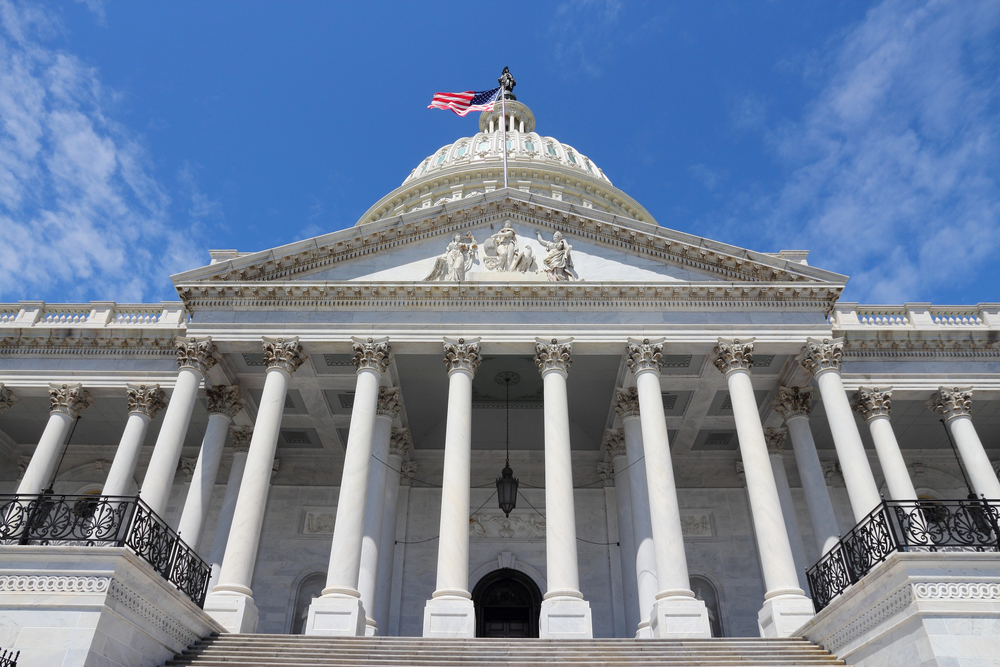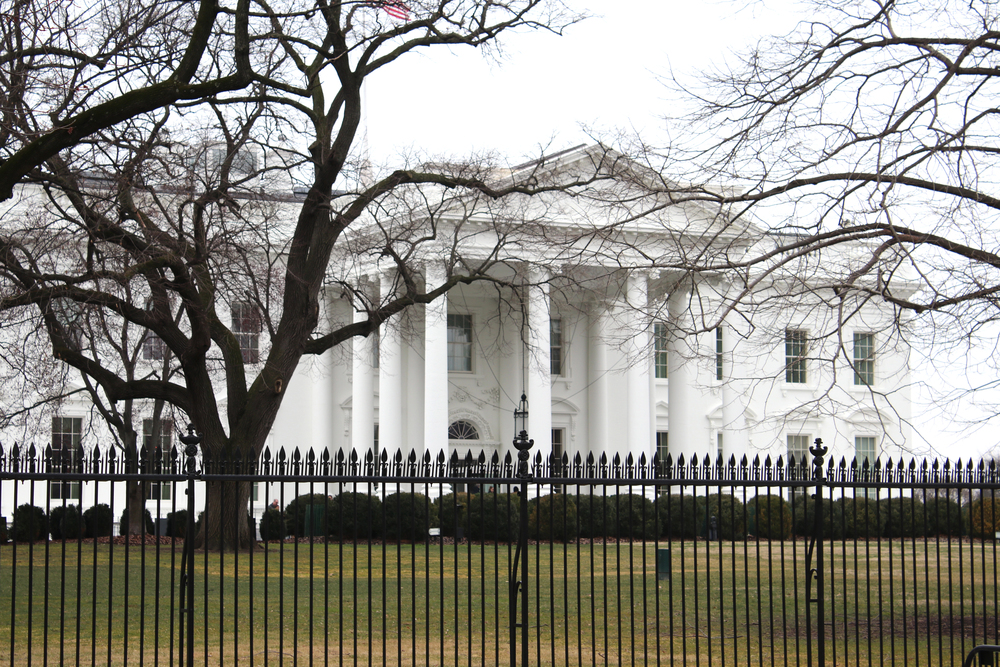Rising Homeowners Coverage Gaps Underscore Agents’ Expanding Role

As homeowners contend with inflation, extreme weather and increasingly complex coverage needs, new reports from Nationwide and The Hanover reveal widening gaps in insurance coverage and the growing need for agents to guide clients through today’s risk environment.
While 63% of homeowners say they’re confident that their insurance policy would meet their needs in the event of a claim, 57% still worry that their policies may not cover specific damage or incidents, according to Nationwide’s “2025 Homeowners Report.”
Nationwide’s report, which surveyed both U.S. homeowners and independent insurance agents, found that top homeowner concerns include rising premiums (43%), severe weather (39%), unexpected repairs (37%) and aging home systems (34%).

2025 National Young Agent of the Year
Meanwhile, 78% of agents report that clients are reevaluating their policies to reduce premiums, 76% say their clients are requoting through other carriers and 68% have seen clients cut coverage to save money.
However, 61% of agents say they have seen clients increase coverage to match rising home equity and repair costs, reflecting the delicate balance between affordability and adequate protection.
In response to homeowners’ concerns around affordability and risk, agents are helping clients shift from reactive coverage to proactive prevention. As many as 85% of agents now recommend smart-home technology to reduce risk, including smart smoke and carbon monoxide sensors (62%), door locks (59%), and water flow sensors (58%). Among homeowners, 48% have already adopted home security systems, a number that rises to 71% among Generation Z and millennial homeowners.
Still, major vulnerabilities persist. Only 27% of homeowners have a smart water sensor and just 23% have electrical fire monitoring devices, despite water and electrical damage ranking among the most frequent and costly claims.
More on Homeowners
“Homeowners are juggling optimism with uncertainty,” said Michael Tripp, senior vice president of personal lines sales and distribution at Nationwide. “Agents are uniquely positioned to close that confidence gap by turning insurance knowledge into clear, actionable plans that help families protect their homes—not just insure them.”
“Protection starts with connection,” Tripp added. “When agents see themselves not as policy sellers but as partners in resilience, that’s when real trust, and real protection, begins.”
As personal lines clients face exposure to growing risks, such as lawsuits, cybercrime and inflation, agents’ trusted advice is necessary to improve awareness of important protections that go beyond the basic homeowners policy, according to The Hanover’s “2025 Homeowners Coverage Awareness Report.”
The Hanover report surveyed U.S. homeowners 30 years old and older to assess their knowledge and adoption of cyber liability, umbrella, valuables and recreational vehicle insurance. While most homeowners say they are aware of these coverages, few actually carry them.
The Hanover report also found that many homeowners mistakenly believe their standard policy provides broader protection than it does, suggesting that clearer communication could help close significant coverage gaps.
Cyber insurance remains the least understood and least purchased coverage: Only 46% of homeowners have heard of it, and just 7% have purchased a policy. Awareness is high for valuables and umbrella coverage, at 87% and 83%, respectively—but only 26% and 23%, respectively, have those protections in place.
Even recreational vehicle insurance, which 94% of homeowners recognize, has seen limited engagement as only 31% have discussed it with their insurer or agent.
“The findings highlight the critical role independent agents play in educating homeowners and helping them make informed decisions,” said Daniel C. Halsey, president of personal lines at The Hanover. “Homeowners face a growing number of risks that aren’t addressed by a basic homeowners policy, making it all the more important for customers to talk with their agents about their evolving risks and build insurance plans that can help protect them, their income, and their assets.”
There is strong potential for growth if agents can bridge the education gap. For example, 66% of homeowners said they would be interested in adding umbrella coverage once they were provided with a description of the protection it could offer.
AnneMarie McPherson Spears is IA news editor.











